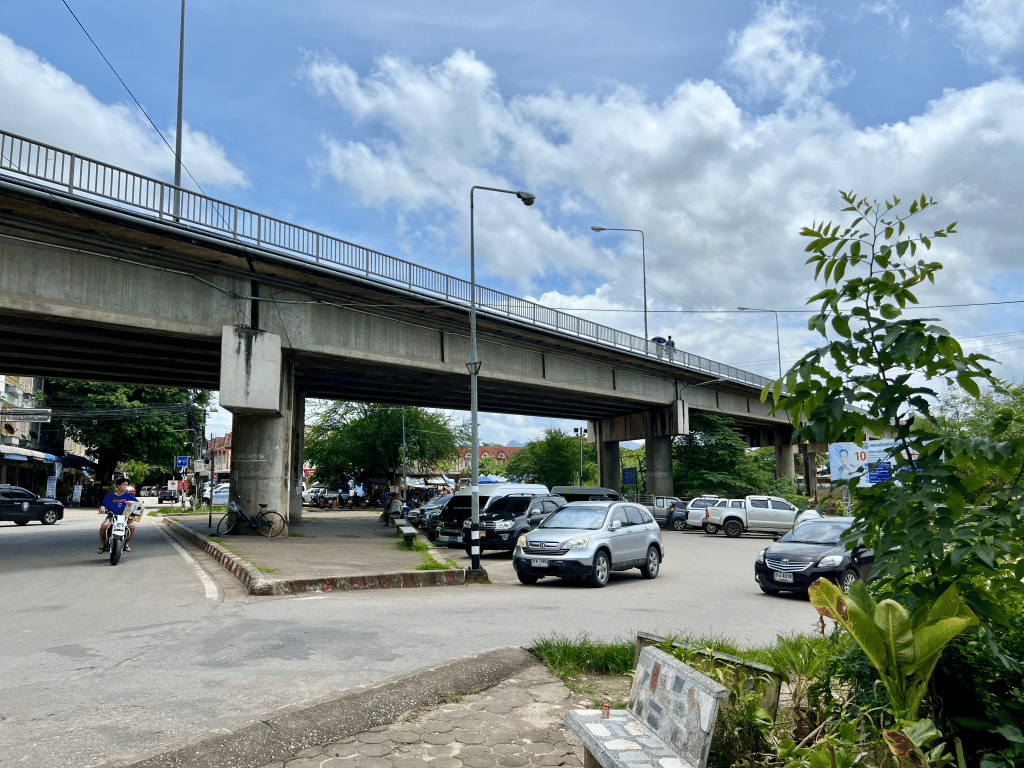China Odd Man Out in U.S.-Vietnam Arms Trade
China mostly managed to put on a good face after news broke that the Obama administration planned to scrap a decades-old arms embargo to Vietnam – a move that will expand the communist country’s growing weapons stockpiles while complicating both parties’ relationships with Beijing.
A Chinese government spokeswoman said on Monday that the embargo, which was established back in 1984 and was partially lifted in 2014, was “a product of the Cold War and should have never existed.” She said Beijing welcomed the onset of “normal relations” between Vietnam and international trade partners like the U.S.
But trade relations between the U.S. and Vietnam have been anything but normal since the Vietnam War. President Richard Nixon launched an embargo back in 1964, and it wasn’t until the Clinton administration renewed ties with the Asian country in the mid-1990s that import and export restrictions lifted for most industries. A separate weapons embargo enacted in the 1980s, however, remained intact and has since cut Vietnam off from American arms sales.
But as rumors circulated over the weekend that President Barack Obama might lift the weapons embargo during his visit to Hanoi this week, China’s state-run media adopted a less convincing poker face, warning that the move “should not be used by the United States as a tool to threaten or even damage the strategic interests of a third party.”
“The U.S. behavior [in the South China Sea in recent years] has made some countries more assertive and fueled their delusions to continue to exploit illegal interests on South China Sea islands and reefs,” Beijing’s Xinhua news outlet said Sunday.
China and Vietnam are among a host of countries that have laid claim to a handful of hotly contested islands scattered throughout the South China Sea. Though the disputes are longstanding, tensions have ramped up in recent years as China developed its own man-made islands and increased its military and naval presence in the region.
Neighboring countries like Vietnam, in turn, have sought to keep up with the arms race. Vietnam between 2011 and 2015 was the eighth-largest weapons importer in the world, according to the Stockholm International Peace Research Institute, despite being only the globe’s 15th-largest country. Weapons imports to the country during that window eclipsed $4.1 billion – making it Vietnam’s most active period for foreign arms buying since the Cold War era.
And the U.S., publicly siding with countries like Vietnam and the Philippines, has occasionally dispatched military vessels into the South China Sea. Both the military buildup and American interference have sparked backlash from Beijing.
China has repeatedly warned the U.S. to stay out of its regional dispute, and the country’s officials likely won’t be thrilled that Vietnam will now be able to purchase weapons from American producers – something China is still restricted from doing freely after 1989’s Tiananmen Square incident.
And although Obama reiterated Monday during a joint press conference with Vietnamese President Tran Dai Quang that the “decision to lift the ban was not based on China,” the writing was already on the wall. Obama on three separate occasions cited “maritime issues” and “maritime security” as driving factors behind the embargo’s dissolution – thinly veiled references to the ongoing South China Sea ordeal.
“Part of our cooperation with Vietnam is to improve their maritime security posture for a whole host of reasons,” Obama said. “But I want to emphasize that my decision to lift the ban really was more reflective of the changing nature of the relationship.”
The U.S. and Vietnam have indeed come a long way since the Vietnam War, and trade between the countries has skyrocketed since the mid-1990s. The Vietnamese governmentestimates the trade in goods between the two nations totaled $41.3 billion in 2015, up 18.2 percent year over year.
And although the bulk of that value ($33.5 billion) was Vietnamese exports to the U.S., Monday’s announcement will now open up a new market to the multibillion-dollar American weapons industry. Ahead of Obama’s trip this week, representatives from several American military equipment manufacturers, including Boeing and Lockheed Martin, reportedly attended a defense conference in Hanoi earlier this month.
“The U.S. is currently the seventh-largest investor in Vietnam, and I hope that the U.S. will soon become the biggest investor in Vietnam,” Quang said during Monday’s news conference. “The advances in the bilateral relations stems from the fact that we increasingly share common concerns and interests on both sides and fully realize the commitment to respect each other’s sovereignty, political regimes and legitimate interests.”
The “sovereignty” reference again alludes to Vietnam’s dispute with China and the messy triangle that has now developed. The U.S., China and Vietnam are all crucial trade partners with one another, so prolonged friction likely won’t be good for long-term business prospects between the nations and other nearby trade partners – although the American weapons industry seems to be doing just fine.
As tensions escalated in the South China Sea last year, American weapons sales to nearby countries skyrocketed. Exports to the Philippines, at $46 million, nearly quadrupled in 2015 from the year prior, while exports to Thailand, $29 million, nearly tripled. Arms exports to Taiwan dropped from more than $1 billion in 2014 to $681 million, but that’s still nearly five times 2011 totals, according to the Stockholm Institute.
The U.S. has also pledged millions of dollars in military aid to the region as relations with China sour. Defense Secretary Ash Carter last month announced the U.S. would increase its troop and combat aircraft presence in the Philippines to try and “tamp down tensions” in the region, according to The Associated Press.
Time will tell how China will react to normalized weapons trading between the U.S. and Vietnam and to America’s increased military presence in the region. Appearances have thus far remained cordial, but a U.S.-enabled Vietnamese arms race is far from ideal for China’s continued South China Sea military activities.
By Andrew Soergel



